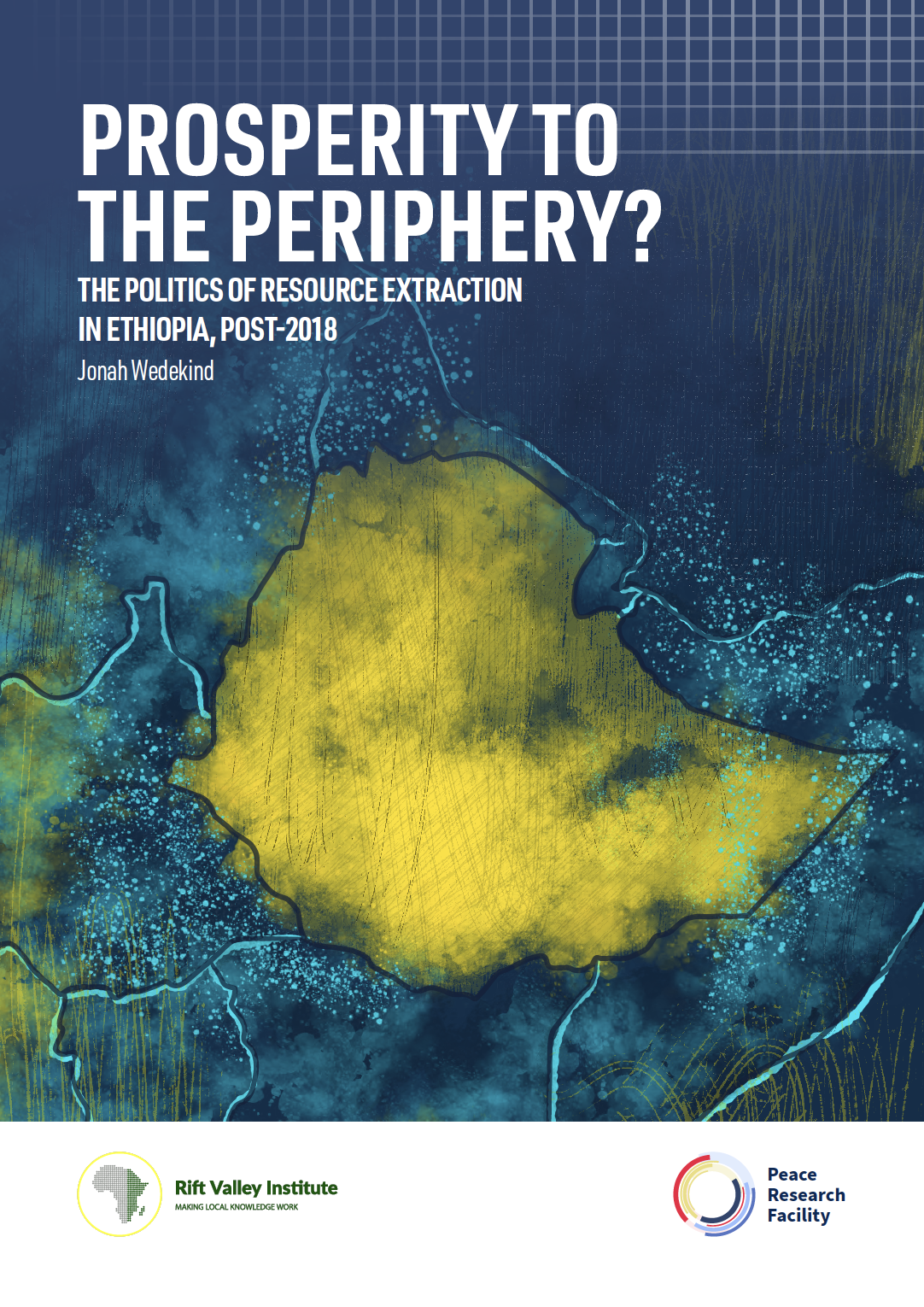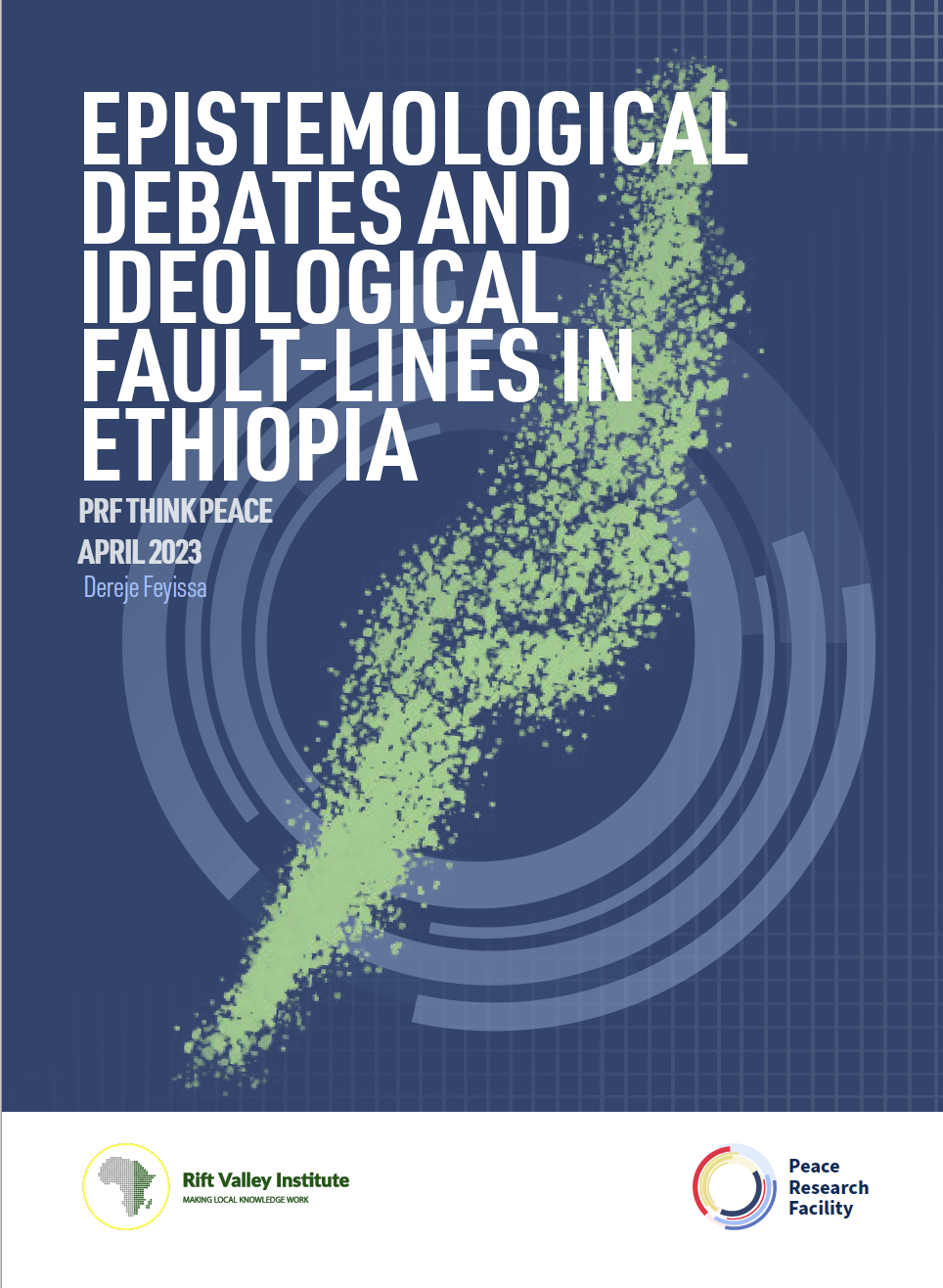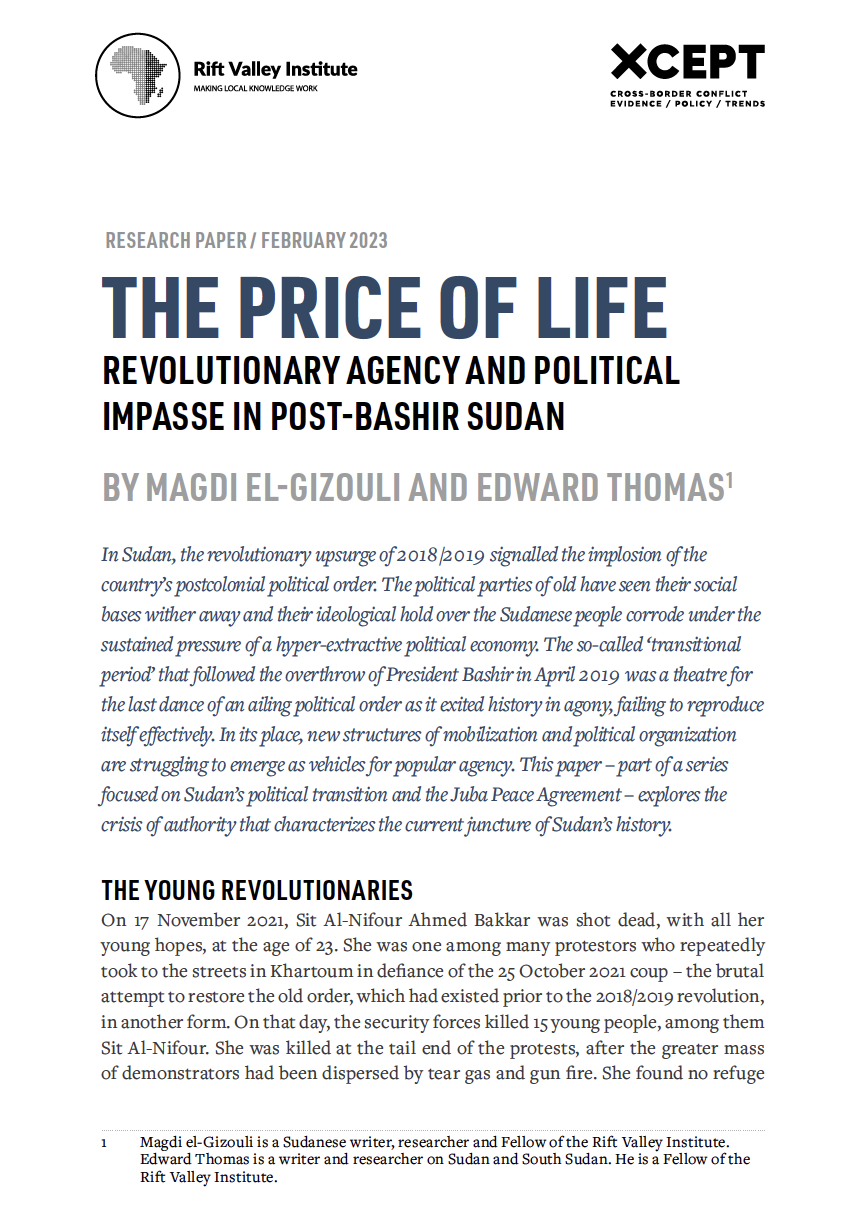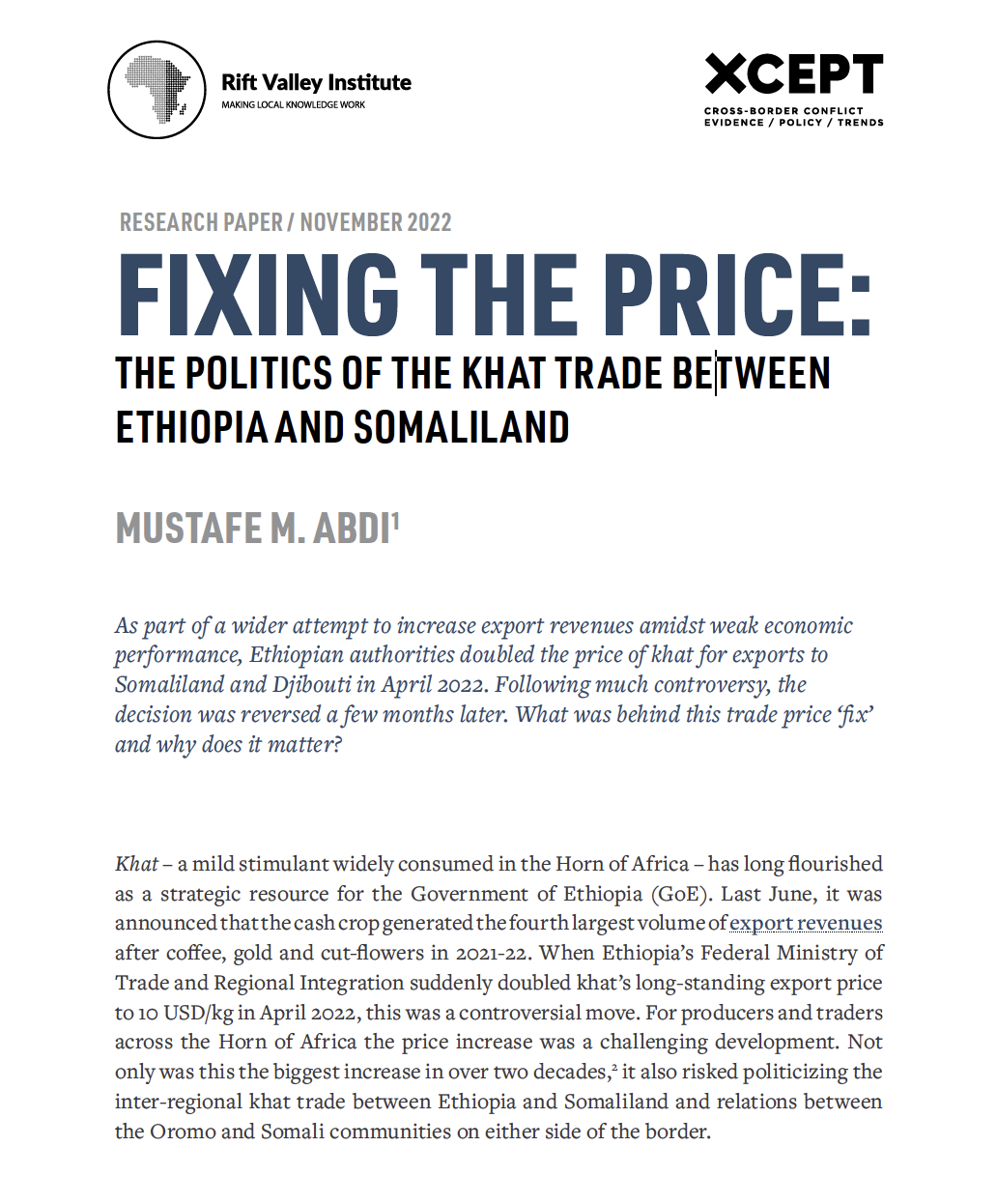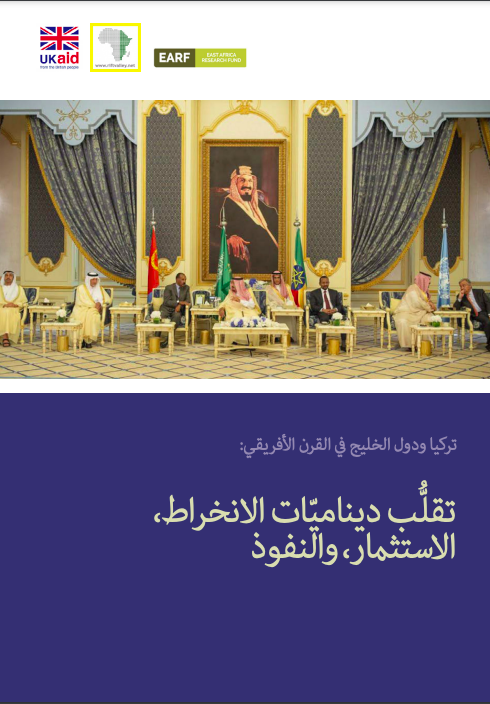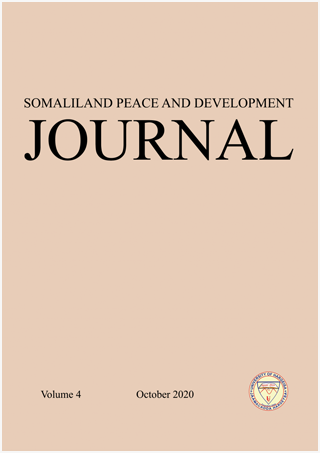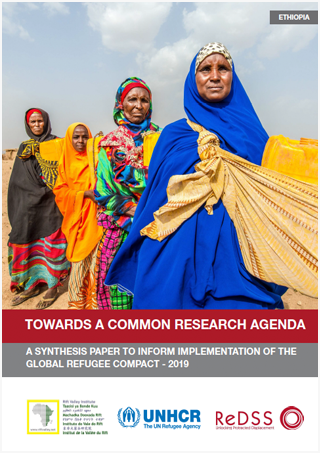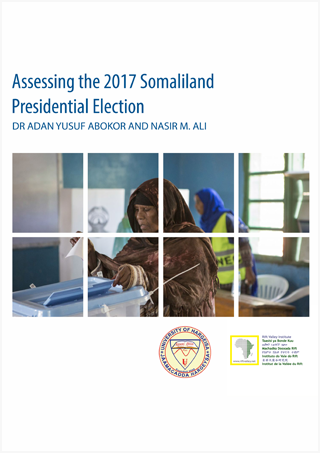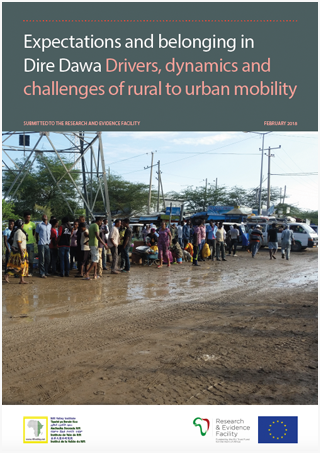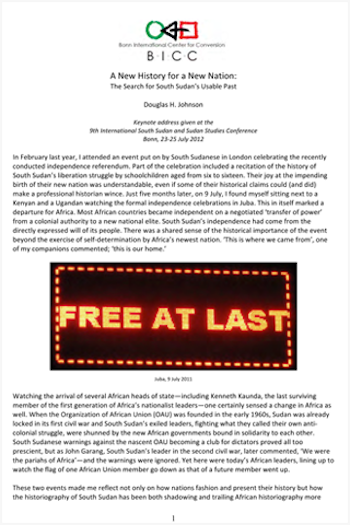THE POLITICS OF RESOURCE EXTRACTION IN ETHIOPIA, POST-2018 SUMMARY • With the formation of the Prosperity Party (PP) in 2019, Abiy Ahmed’s government set out to redress the relationship between the central government and ‘peripheral’ regional states. This included…
RVI publishes books, research reports, research papers, briefings and meeting reports in a range of formats. Publications cover policy, research, arts, culture and local knowledge in the countries of eastern and central Africa. Research publications—books, reports and papers—are peer-reviewed. Some RVI publications are also available in French and/or Arabic.
The RVI is a signatory of the Budapest Open Access Initiative (2001); all publications are free for download in PDF format under Creative Commons licences. The views expressed in books and reports published by the RVI are those of the authors, not the Institute.
SEARCH
PUBLICATION TYPE
LANGUAGE
REGION
COUNTRY
INTRODUCTION Social science knowledge production in Ethiopia, as elsewhere in Africa, has Eurocentric roots. This is because Ethiopian Studies was born outside of Ethiopia, with the first generation of scholars consisting mainly of academics from Western countries or Ethiopians…
In Sudan, the revolutionary upsurge of 2018/2019 signalled the implosion of the country’s postcolonial political order. The political parties of old have seen their social bases wither away and their ideological hold over the Sudanese people corrode under the…
As part of a wider attempt to increase export revenues amidst weak economic performance, Ethiopian authorities doubled the price of khat for exports to Somaliland and Djibouti in April 2022. Following much controversy, the decision was reversed a few…
بدأت أهمية دول الخليج، ولا سيما السعودية، والإمارات، وقطر، في شؤون دول القرن الأفريقي تتزايد منذ عام 2015 تقريبًأ. كما عززت تركيا من وجودها في المنطقة منذ أن اتخذت خيارًا سياسيًا قبل ما يقرب من عقدين بـ”الانفتاح على…
The Somaliland Peace and Development Journal (SPDJ) is an annual peer-reviewed academic journal from the Institute for Peace and Conflict Studies, University of Hargeysa. The Journal began during a collaboration between RVI, the University of Hargeysa and Puntland State University…
Towards a common research agenda: A research synthesis paper to inform the implementation of the Global Refugee Compact is designed to inform future policy making and programming in relation to Ethiopian government and international support to refugees. Specifically, it aspires…
In May 2001, Somaliland’s citizens went to the polls to approve an interim constitution in a public referendum coordinated by the Government of Somaliland. The constitution called for multi-party politics and democratic elections. Since then, Somaliland has held a…
The Rift Valley Institute’s Rural to urban mobility project aims to better understand the dynamics of rural to urban migration and the ways in which this phenomenon impacts the social and infrastructural fabric of cities in East Africa. It is conducted…
RVI Fellow Douglas Johnson discussed the implications of South Sudan’s independence for the new nation’s history, historiography, and sense of identity in his keynote lecture to the 9th International South Sudan and Sudan Studies Conference in Bonn in July…
Recent Publications

EWNET Writes: Writing Workshop Session I
December 18, 2025
The Ethiopian Women Researchers Network (EWNET) inaugural writing workshop series aims to not only provide women researchers with uninterrupted time for their scholarly projects, but also build a supportive academic community. The first session, entitled ‘EWNET Writes: Writing Workshop Session

SSC-Khaatumo: Perspectives on the significance and implications of its formation
December 12, 2025
On 15 April 2025, during a visit to the city of Las Anod in Sool, Prime Minister Hassan Abdi Barre officially declared the federal government’s recognition of SSC-Khaatumo (SSC-K hereafter) as a federal member state, marking an important milestone in

Aid and Conflict Sensitivity in Contemporary Ethiopia
November 17, 2025
This study assesses conflict sensitivity practices among humanitarian, development and peacebuilding (HDP) actors in Ethiopia. It seeks to raise awareness and foster a deeper understanding of the evolving aid landscape in the country while analysing the challenges that affect conflict-sensitive

